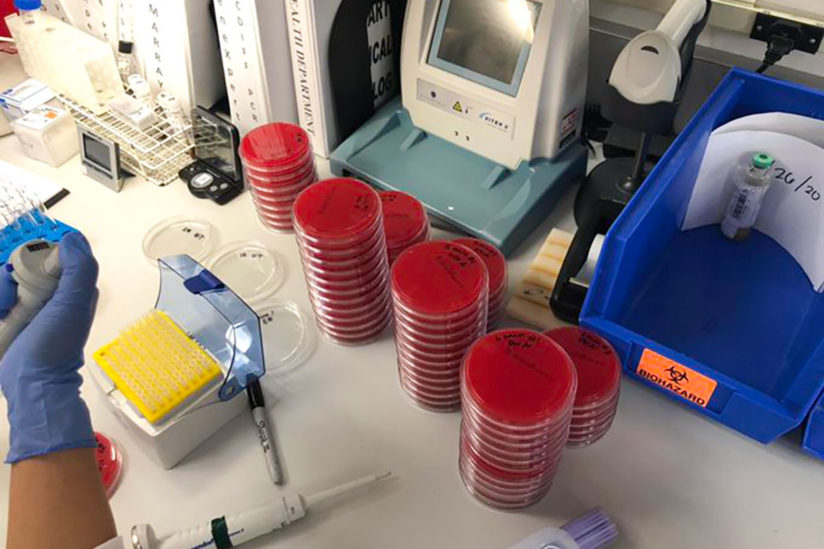
Few years have brought the level of recognition or put the level of strain on the medical field the way that 2020 has. With the rapid, worldwide spread of COVID-19, hospitals, doctor’s offices, medical manufacturers, pharmacies and more were put to the test. In many cases, they operated short-staffed and put their equipment to the test with longer hours and harder use than ever before.
Even now, as vaccines are rolled out and the strain of the virus on medical facilities begins to lessen, these spaces continue on high alert, always prepared for another surge in the virus or perhaps the next global pandemic.
Cost pressures and demand for innovation and resilience will continue to be at the forefront of the medical field for years to come. Part of that is choosing the best materials for the job. Rubber serves an important, yet often overlooked role in the medical field. Keep reading to learn why it’s so important, and why it continues to be the right choice for the job.
It’s Versatile

The versatility of rubber is perhaps the biggest reason for its widespread use in the medical field.
From rubber gloves used by surgeons and nurses to the rubber seal and fasteners that keep catheters and pacemakers operating, rubber is used for many different applications throughout the industry.
It’s even diverse enough to offer alternatives where necessary. For instance, around 1 percent of the population in the U.S. has a latex allergy. But nitrile is a synthetic rubber solution that is latex-free, offering a durable, safe solution for those facing allergies.
It’s Easy to Sterilize

Sterilization has always been incredibly important in all medical settings. However, the coronavirus pandemic brought the importance of sterilization and cleaning to the forefront of the public’s mind.
Hospitals, doctor’s offices, pharmacies and other settings that serve a role in the medical field need to be able to sterilize every piece of equipment used in their operations. This step not only keeps patients safe, but also ensures the safety of doctors, nurses and other staff.
Some materials are easier to sterilize than others. Many types of rubber are incredibly heat resistant and resistant to oils and other substances. For this reason, it can withstand even the harshest sterilization processes. This ensures that it can be properly cleaned in between uses without degrading over time. This keeps patients safe while also saving hospitals and other facilities money.
In everyday materials that are used frequently in medical settings, such as o-rings used in medical equipment, the ability to easily and effectively sterilize them is essential.
It’s Biocompatible
Not all rubber used in medical settings is for devices and equipment. Drug-eluting devices refer to medical supplies that are designed to be placed inside a patient’s body. Once there, these devices release a type of drug in set increments.
While many types of materials can be safely sterilized, this won’t eliminate the possibility of the material causing a negative reaction in a patient’s body. If a patient’s body rejects the material, they may suffer severe side effects. In the best-case scenario, the device will need to be removed, which means that it won’t be able to provide its intended benefits.
Several types of rubber have great biocompatibility, which means that it is unlikely to cause negative side effects in a patient’s body.
The Importance of Rubber in the Medical Field

The healthcare industry will continue to be disrupted
Rubber plays a key role in the medical field. Thanks to its ability to be sterilized, its versatility and its biocompatibility, rubber will continue to be an essential tool that helps keep the industry moving forward.




